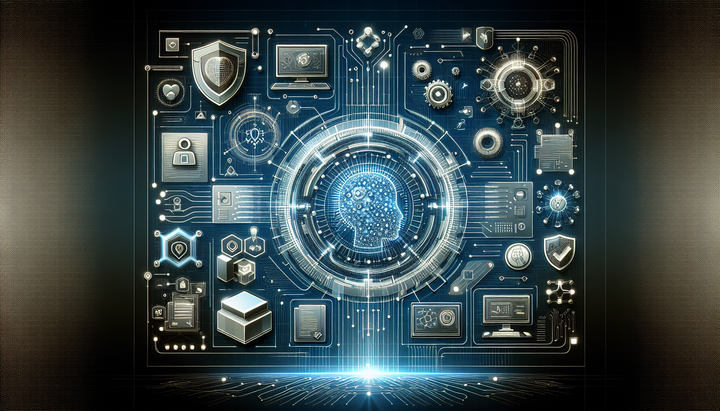How Regulatory Easing and AI are Transforming ICT's Role in Smart and Telemedicine Industry

Introduction to ICT's Role in Healthcare
The rapid advancement of technology is reshaping the healthcare industry, leading to a paradigm shift towards smart and telemedicine solutions. The Information and Communication Technology (ICT) sector, with its innovative capabilities, is at the forefront of this transformation. This article delves into how the combination of regulatory easing and Artificial Intelligence (AI) is driving ICT's significant contribution to the healthcare sector.
Technological Innovations and Healthcare Transformation
Technological innovations are driving the transformation of healthcare by introducing smart, efficient, and patient-centered solutions. AI and machine learning algorithms are being utilized for disease prediction, patient monitoring, and personalized medicine. Moreover, blockchain technology is ensuring data security and integrity in telemedicine applications, enhancing trust among patients and healthcare providers.
Impact of Regulatory Easing
Governments worldwide are easing regulations to foster technological growth in healthcare. This regulatory easing is crucial for ICT companies to innovate and integrate new technologies seamlessly into existing healthcare systems. By reducing bureaucratic hurdles, ICT companies can focus on developing solutions that are more adaptive to the needs of modern healthcare environments.
Smart Telemedicine Solutions
Telemedicine, a subset of digital health, is gaining momentum, especially with the support of ICT. The use of AI-driven chatbots, virtual health assistants, and remote patient monitoring systems are enabling healthcare access for patients in remote areas. These technologies also enable healthcare providers to maintain continuous patient engagement, thus improving treatment outcomes.
The Role of AI in Smart Healthcare
AI is revolutionizing smart healthcare with applications in diagnostic imaging, drug discovery, and robotic surgeries. AI algorithms can analyze complex medical data, providing insights and predictive analytics that enhance decision-making processes for clinicians. The integration of AI in healthcare not only increases operational efficiencies but also offers significant cost savings.
Emerging Technologies: Blockchain and IoT
Emerging technologies like Blockchain and the Internet of Things (IoT) are pivotal in supporting smart healthcare initiatives. Blockchain ensures data privacy and security, making it an ideal choice for safeguarding medical records. IoT devices are being used for real-time health monitoring, allowing for proactive and preventive care strategies.
Future Outlook and Industry Prospects
The future of ICT in healthcare is promising, with continuous advancements in AI, machine learning, and data analytics. The industry is poised to witness growth in areas such as personalized medicine, regenerative medicine, and advanced telehealth solutions. As technologies evolve, so too will ICT's role in overcoming current healthcare challenges, ensuring a more resilient and effective healthcare system globally.



Comments ()